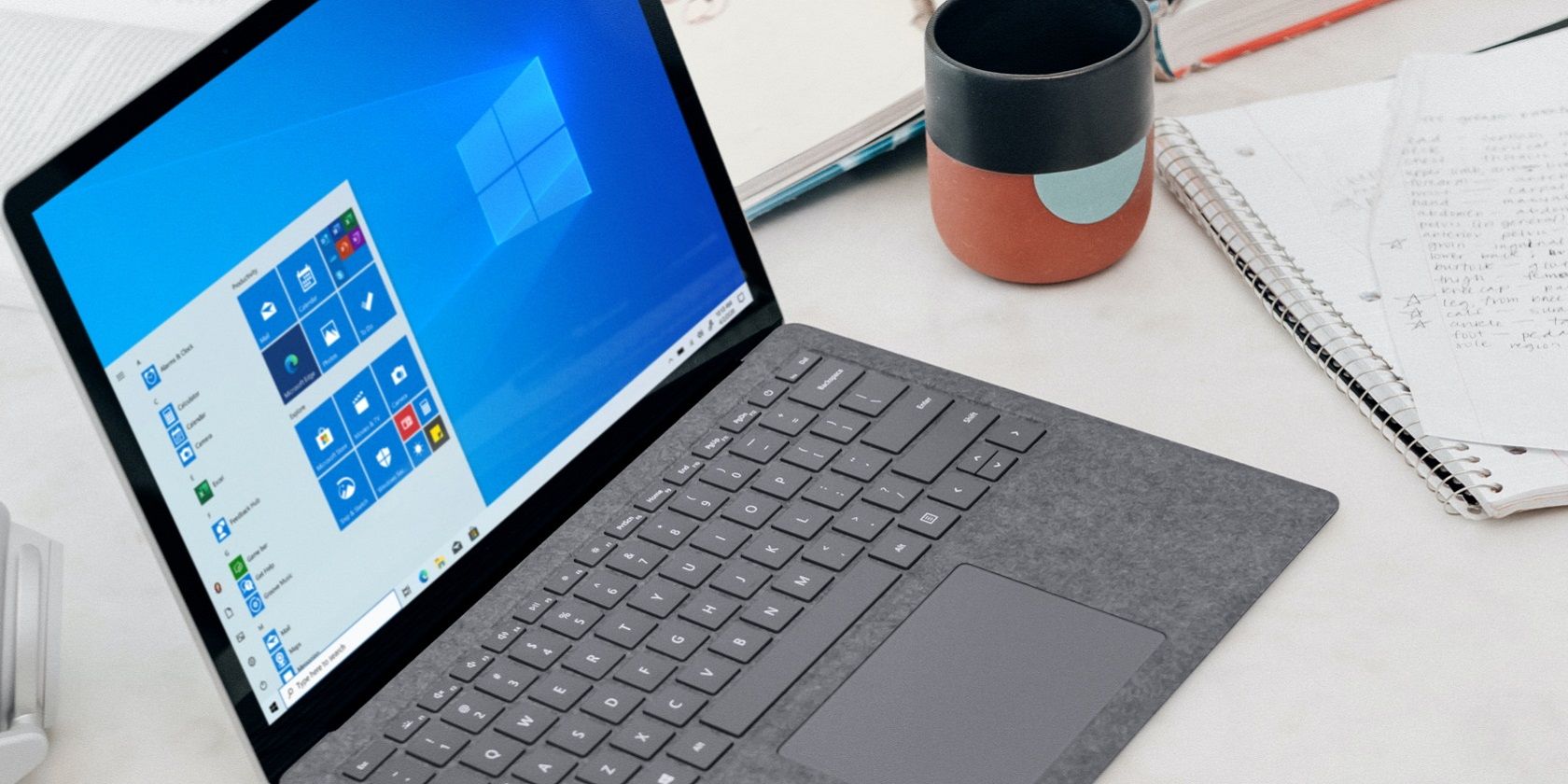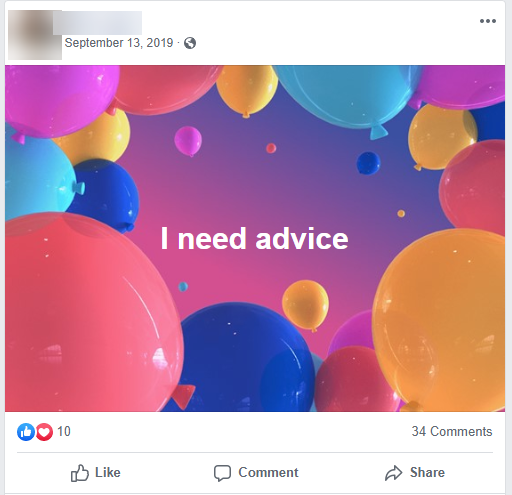
Navigating Netiquette: Staying Private without Sacrificing Connection

Navigating Netiquette: Staying Private without Sacrificing Connection
Disclaimer: This post includes affiliate links
If you click on a link and make a purchase, I may receive a commission at no extra cost to you.
Key Takeaways
- Don’t share your travel plans or photos while on a trip to avoid advertising that you’re away from home and potentially inviting theft.
- Disable location data and delete photo metadata before posting to protect your physical address and sensitive information.
- Avoid sharing personally-identifying information, such as your full date of birth or photos of important documents, to prevent identity theft and unauthorized access to your accounts.
While a lot of people worry about what social media companies do with your data, the reality is that most of us give away more information than we realize. Let’s consider some important kinds of information you should never share on social media to protect your privacy and safety.
1. Travel Plans

Think twice before bragging about your amazing upcoming vacation or posting pictures while on a trip. You never know who could see this information and use it for nefarious purposes. For example, if someone knows where you live and has malicious intent, knowing that you’ll be thousands of miles away for two weeks is an open invitation to rob your home.
As a safer alternative, don’t share any details or pictures about your trip until after you return. While this is less exciting, it protects you because you’re not advertising to the world that you’re away from home for an extended period.
This extends to posting photos of your home. Any photo of where you live gives people more puzzle pieces to help determine where you live, where the blind angles are around doors, windows with broken locks, etc.
2. Location Data
Social apps use geolocation (from your IP address or phone’s GPS function) to let you tag your posts with where you’re at. Before you post, check to see if the site adds your location data automatically and disable that before posting. Most of the time, there’s no reason to share your location with everyone who can see the post.
Depending on where you share photos, people may also be able to access photo metadata that shows more details about what took the photo and where it was captured.Deleting photo metadata before uploading is thus a wise idea.
This caution also extends to your physical address or phone numbers. You should never share your address or phone number in a public channel, as there’s no telling who could get hold of the information.
3. Personally-Identifying Information
Sites like Facebook are full of valuable data for people who use social engineering to steal your identity on social media. You should always avoid sharing information that can be used to verify your identity, such as your full date of birth. Never share photos of your driver’s license, passport, or credit card, which contain personal information that you don’t want to make public.
It’s also vital to keep an eye out for the “fun quizzes” that do the rounds on social media every so often. These ask you to answer questions such as where you went to school, what was the name of your first pet, etc.
These types of questions are often used as security questions to protect your online accounts. Thankfully, these weak security questions are being phased out on many sites, but they’re still a potential attack surface in many cases. Making these answers public could allow someone to break into your account;stay safe from social engineering by keeping this info private.
4. Personal Complaints and Rants
Social media is not the place to air your grievances. If you want to complain about your boss, coworkers, or relatives, social media is a terrible place to do so. Someone will likely see it and let the person know, resulting in a messy situation.
It’s common for companies and governments to review your social media history when you apply for a job, clearance, or similar. Do yourself a favor and don’t make posts that make you look like a terrible person.
As a healthier alternative, why not start a private journal where you can rant all you want? However you choose to do it, keeping your anger off the public square of social media is a smart idea.
Note that many companies offer customer service on social media, so this doesn’t apply to getting help with a legitimate complaint. You should still be courteous in these situations, though.
5. Self-Incriminating Evidence
While getting in trouble over a poorly-worded joke or incendiary comment you make on social media is bad enough, it’s something else entirely to break the law and leave the evidence on social media for all to see.
It’s unlikely that you’ll see any truly heinous crimes admitted to on Facebook or Twitter. However, you may very well come across incidents where people make light of driving drunk or taking selfies on the highway.
Some even share photos of their drug stashes, illegal firearms, or cash that they’ve stolen. This also applies to explicit photos of yourself—it’s a terrible idea to post those on any social platform.
Do everyone (including yourself) a favor by never posting anything like that on social media. The few likes you might get aren’t worth the damage to your reputation or even going to jail for committing a crime.
6. Expensive New Purchases
Many people love to share pictures of their new “toys” on social media. Whether you just got a new phone, laptop, car, TV, piece of jewelry, or anything else, you shouldn’t make the purchase public on social media.
The most important reason is practical: telling the world that you have a shiny new toy could result in some people wanting to steal it or take advantage of you in some way. An extreme case would be announcing that you won the lottery. If people think you’re well-off because of what you can afford, they might look to use that to their advantage.
Another effect worth considering is that these posts highlight a majornegative effect of social networks : only seeing the highlights of everyone else’s lives makes it easy to feel like yours isn’t as amazing.
7. Personal Advice

We’ve all seen people ask for homesickness remedies or legal advice on social media. No matter how sure of yourself you might be, it’s in everyone’s best interest (including your own) that you don’t give medical or legal advice to people over social media. This is true even if you’re a doctor or lawyer.
The key point is that you simply don’t (and can’t) know all the facts. If someone is sick or in trouble, they should seek professional help. This also applies to advice on exercise, weight loss, diet, finance, relationships, and other sensitive topics. You’re not going to get the whole picture from a social post.
It’s best to stay quiet on all of this because if you give advice that ends up harming someone, they could potentially pursue legal action against you.
8. Scammy Giveaways and Contests

Social networks are prime ways for companies to run giveaways and contests, mainly because it’s so easy to click “share” and not think twice about it. While there are plenty of legitimate giveaways on Facebook and the like, you should think carefully before sharing them all of the time.
If you constantly share giveaways, contests, and invites to Facebook games, you’re probably annoying your friends. Even more importantly, some of these so-calledsocial media contests are actually scams in disguise . You could unknowingly spread malware or trick people into giving away sensitive data.
To be on the safe side, you should be wary of all posts that heavily encourage sharing and ask for personal details.
9. Privileged Inside Information
It’s an easy mistake to accidentally post private information on a public channel. However, you should be careful about exposing insider information on social media. If you’re aware of protected details at your job, don’t share those anywhere, especially online.
Talking about someone who’s going to be laid off next week, your company’s strategy for the new year, and other insider info could get you in big trouble. This also goes for your family; don’t post sensitive deals about your family goings-on that other people don’t need to be privy to. If it’s not your own news, don’t share it.
10. Anything You Don’t Want to Make Public
This is a bit of a catch-all for anything not covered above. If there’s one rule that you should live by on social media, it’s this: never post anything that you wouldn’t want the whole world to see.
On the internet, once something has been published, it’s pretty much impossible to remove it completely. Even if you set your posts to “friends only,” there’s no way to know for sure who’s seen your posts and photos, saved them, or shared them with someone else. Someone could always send a screenshot to another person who can’t “officially” see the post, for instance.
So if you post something today and regret it two years down the road, you may be able to delete it from your account, but it can never be completely erased from the internet. A good rule of thumb is to never post or share anything that you wouldn’t want to put on the front page of a newspaper.
What You Shouldn’t Share Online
While social media can be a fun way to share with friends you don’t see in person, sharing online has many downsides compared to talking in person. It’s easy to overshare, not realize the audience that could see your posts, or make other mistakes.
Sharing information online voluntarily lessens your privacy and can open you up to attacks on your security, too. It’s wise to be intentional about what you share.
Also read:
- [New] In 2024, Preeminent Online Spaces Enhancing YouTube Traffic
- [Updated] 2024 Approved Giggle Grind Exploring Twitters' Comedy Gold
- [Updated] 2024 Approved How to Successfully Embed YouTube Playlists via Web Scripts
- [Updated] The Freelancer's Companion Easy and Affordable Audio Effect Additions
- 2024 Approved From Amateurs to A-Listers Top 10 Film Cameras Reviewed
- Beyond the Headlines: The Most Important Unspoken Tech News
- Deciphering Which Facebook Device Benefits You Most
- Facebook's Changing Landscape: Four Key Loss Triggers
- How to Bypass FRP on Xiaomi 14 Pro?
- How to Fix Razer Synapse Not Detecting Razer Devices in Windows 10 & 11
- In 2024, How to Cast ZTE Blade A73 5G Screen to PC Using WiFi | Dr.fone
- Unveiling Disappearing Features in FB Messenger
- What Is Facebook's Oversight Board and What Does It Do?
- YL Computing's Guide: Master Closing Stealthy Processes on Your PC
- Title: Navigating Netiquette: Staying Private without Sacrificing Connection
- Author: Michael
- Created at : 2025-02-11 09:09:46
- Updated at : 2025-02-15 12:08:04
- Link: https://facebook.techidaily.com/navigating-netiquette-staying-private-without-sacrificing-connection/
- License: This work is licensed under CC BY-NC-SA 4.0.